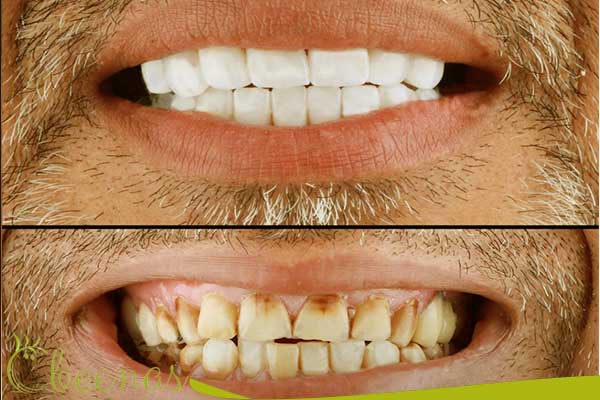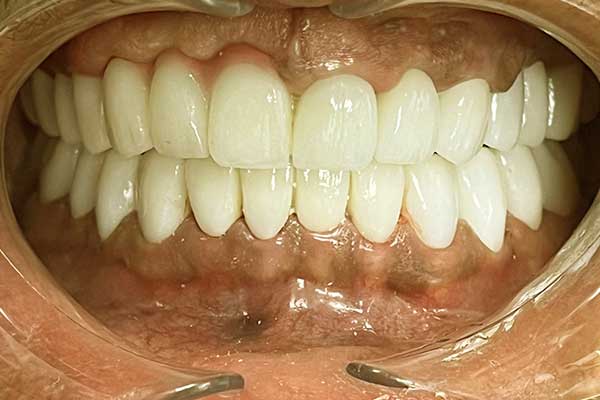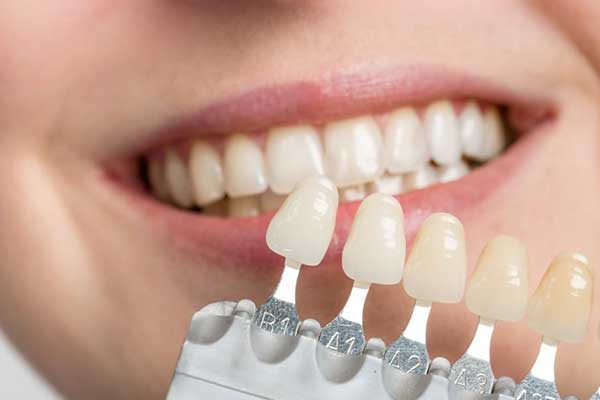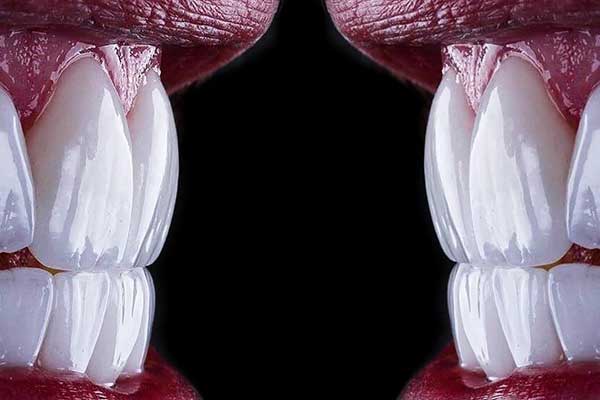Porcelain Tooth Implant: A Natural and Durable Solution for Missing Teeth
1. Introduction
A beautiful smile can enhance our confidence and overall appearance. However, missing teeth can negatively impact our self-esteem and oral health. Fortunately, modern dentistry offers various solutions for restoring missing teeth, and one popular option is the porcelain tooth implant.
In this article, we will explore the benefits, process, care, and longevity of porcelain tooth implants, as well as compare them to other dental restoration options.
2. Understanding Porcelain Tooth Implants
Porcelain tooth implants are artificial tooth roots made of biocompatible materials, such as titanium, that are surgically placed into the jawbone. They serve as a sturdy foundation for attaching custom-made porcelain crowns, which resemble natural teeth in color, shape, and functionality. Porcelain is an excellent choice due to its durability, aesthetics, and biocompatibility.
3. The Benefits of Porcelain Tooth Implants
Porcelain tooth implants offer numerous advantages over traditional dental restorations. Firstly, they provide a natural-looking and seamless solution for replacing missing teeth, blending seamlessly with the surrounding teeth. Porcelain crowns are custom-made to match the shape, size, and color of the adjacent teeth, resulting in a harmonious smile.
Secondly, porcelain tooth implants offer exceptional durability and strength. Unlike dentures or bridges, which may require periodic adjustments or replacements, porcelain implants can last a lifetime with proper care. They are resistant to decay, stains, and discoloration, making them a long-lasting investment in your oral health.
Furthermore, porcelain tooth implants preserve the integrity of the jawbone. When a tooth is lost, the surrounding bone can deteriorate over time. Implants stimulate the bone, preventing bone loss and preserving facial structure.
4. The Process of Getting a Porcelain Tooth Implant
The process of getting a porcelain tooth implant typically involves several steps. Initially, a thorough examination and consultation with a qualified dentist or oral surgeon are conducted to assess the feasibility of the implant and create a personalized treatment plan.
Next, the implant is surgically placed into the jawbone under local anesthesia. Over a period of a few months, the implant fuses with the bone through a process called osseointegration, providing a strong and stable foundation.
After the healing period, an abutment is attached to the implant, which acts as a connector between the implant and the porcelain crown. Finally, a custom-made porcelain crown is fabricated and securely attached to the abutment, completing the restoration.
5. Caring for Porcelain Tooth Implants
Proper care is essential to maintain the longevity and aesthetics of porcelain tooth implants. Regular brushing and flossing, as recommended by your dentist, should be diligently followed. Additionally, routine dental check-ups are crucial to ensure the health of the implant, surrounding teeth, and gums.
Avoiding habits such as biting on hard objects, chewing ice, or using teeth as tools is essential to prevent damage to the implant or crown. Smoking should also be avoided, as it can compromise the healing process and increase the risk of implant failure.
6. Comparing Porcelain Tooth Implants with Other Dental Restoration Options
Porcelain tooth implants offer distinct advantages when compared to alternative dental restoration options. Unlike removable dentures, implants provide a permanent solution that eliminates the inconvenience of daily removal and cleaning. Implants also offer superior stability and comfort, allowing for a more natural biting and chewing experience.
When compared to dental bridges, porcelain tooth implants do not rely on adjacent teeth for support, preserving the integrity of healthy teeth. They also offer a more aesthetically pleasing outcome since they mimic the appearance of natural teeth more closely.
7. How Long Do Porcelain Tooth Implants Last?
Porcelain tooth implants have an impressive lifespan when properly cared for. With good oral hygiene practices and regular dental visits, they can last for decades or even a lifetime. The stability, strength, and resistance to decay and stains make porcelain tooth implants an excellent long-term investment in your oral health and quality of life.
8. Potential Risks and Complications
While porcelain tooth implants have a high success rate, there are some potential risks and complications to consider. In rare cases, the implant may fail to integrate with the jawbone or become infected. These situations require additional treatment or, in some cases, the removal and replacement of the implant.
Other complications may include minor surgical risks, such as bleeding, swelling, or bruising, which are temporary and resolve with proper care. It’s essential to choose a qualified dentist or oral surgeon with extensive experience in implant dentistry to minimize the risk of complications.
9. Finding a Qualified Dentist for Porcelain Tooth Implants
When considering porcelain tooth implants, it’s crucial to find a qualified dentist or oral surgeon with expertise in implant dentistry. Look for professionals who are accredited, experienced, and have a track record of successful implant placements. Consultation appointments can help assess their knowledge, answer any questions, and ensure you feel comfortable with the chosen provider.
10. The Cost of Porcelain Tooth Implants
The cost of porcelain tooth implants can vary depending on several factors, including the number of implants required, the complexity of the case, additional procedures, and geographic location. While the initial investment may be higher compared to other dental restorations, the longevity and benefits of porcelain tooth implants make them a worthwhile investment in the long run. Consulting with a dentist or oral surgeon will provide a more accurate estimate based on your specific needs.
11. Frequently Asked Questions
Q: How long does the porcelain tooth implant procedure take?
The porcelain tooth implant procedure typically requires several visits over a span of a few months. The precise timeline may vary depending on individual factors and the treatment plan created by your dentist.
Q: Are porcelain tooth implants suitable for everyone?
Most individuals with healthy gums and sufficient jawbone density are suitable candidates for porcelain tooth implants. However, a comprehensive evaluation by a qualified dentist or oral surgeon is necessary to determine eligibility.
Q: Is the porcelain tooth implant procedure painful?
The porcelain tooth implant procedure is generally performed under local anesthesia, ensuring a comfortable and pain-free experience during the surgery. After the procedure, some discomfort and swelling may occur, but it can be managed with over-the-counter pain relievers and ice packs.
Q: Can I replace multiple missing teeth with porcelain tooth implants?
Yes, porcelain tooth implants can be used to replace a single missing tooth, multiple adjacent teeth, or even a full arch of teeth. Your dentist will create a customized treatment plan based on your specific needs.
Q: Is it possible to get an implant-supported denture with porcelain tooth implants?
Yes, implant-supported dentures can be secured with porcelain tooth implants for enhanced stability and functionality. This option is particularly beneficial for individuals with multiple missing teeth or those who have difficulty with traditional dentures.
12. Conclusion
Porcelain tooth implants offer a natural-looking, durable, and long-lasting solution for individuals with missing teeth. With their ability to restore aesthetics, functionality, and oral health, they have become a preferred choice for dental restoration.
By choosing porcelain tooth implants and maintaining good oral hygiene practices, you can enjoy a confident smile and improved quality of life for years to come.






